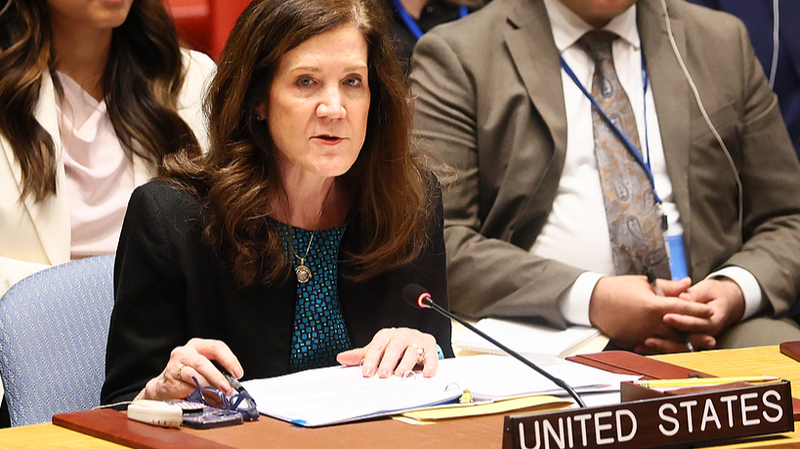When the U.S. launched airstrikes on Iranian territory, it reignited debates over the credibility of a rules-based global order. The assault came shortly after a top intelligence official and the IAEA both found no evidence Tehran was building a nuclear weapon, exposing clear contradictions in Washingtons public rationale.
President Trump proclaimed that Iran's nuclear program was "completely and totally obliterated," yet senior U.S. officials admitted they couldnt locate near-weapons-grade uranium. This gap between rhetoric and reality raises questions about the strategic objectives behind the strikes.
The attempt to broker a ceasefire only deepened the dilemma. While the White House declared a "complete and total ceasefire" between Iran and Israel, Tehran refused to halt its response until Israeli air raids stopped first. The episode underscored the limits of U.S. mediation in a region rife with entrenched hostilities.
Analysts warn the strikes could push Iran to reconsider its commitment to the Non-Proliferation Treaty (NPT). Abandoning the accord would deal a blow to efforts to prevent nuclear proliferation and further erode the treaty's credibility at a moment when global security is already under strain.
More broadly, these developments highlight the waning influence of a unipolar world order. As Washingtons credibility falters, emerging powers are stepping up to fill the vacuum, accelerating the shift toward a more multipolar landscape marked by diverse centers of influence.
Regional stakeholders and global leaders now face a critical choice: reinforce dialogue through established diplomatic channels or risk further escalation that undermines collective security. The outcome will shape the trajectory of international relations for years to come.
Reference(s):
cgtn.com




